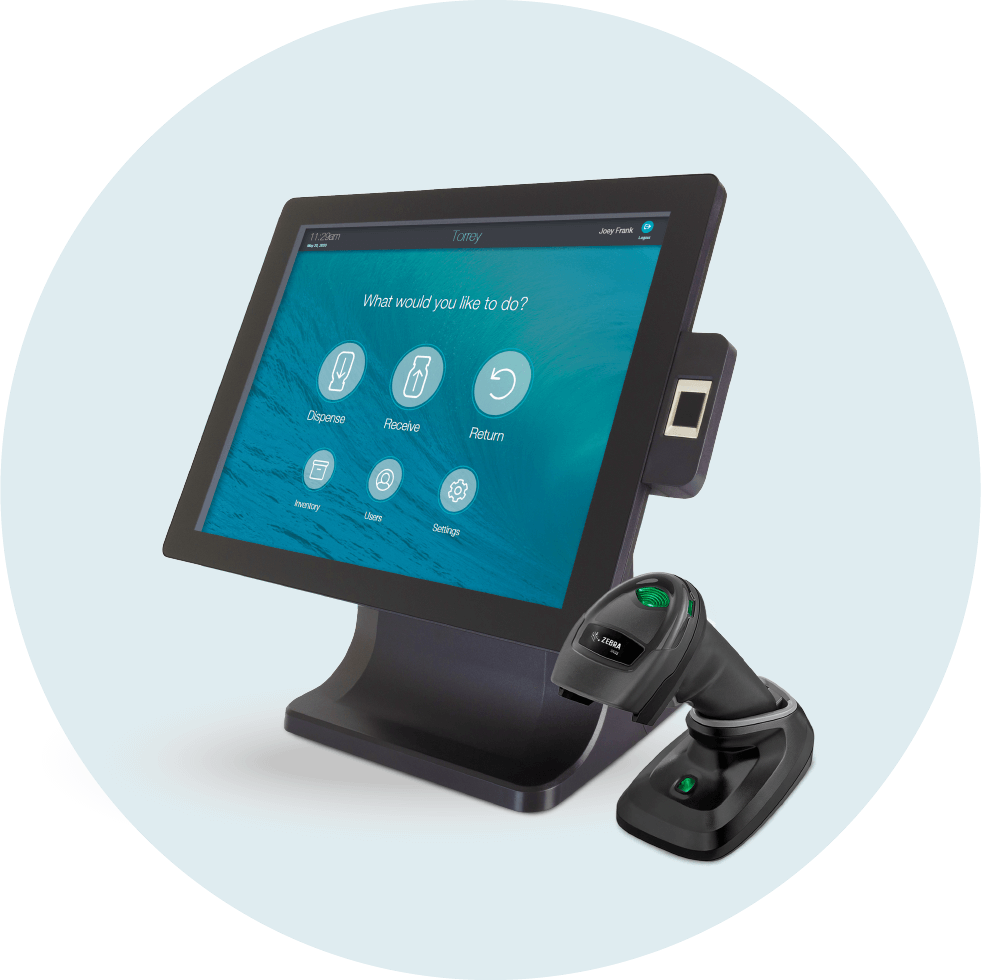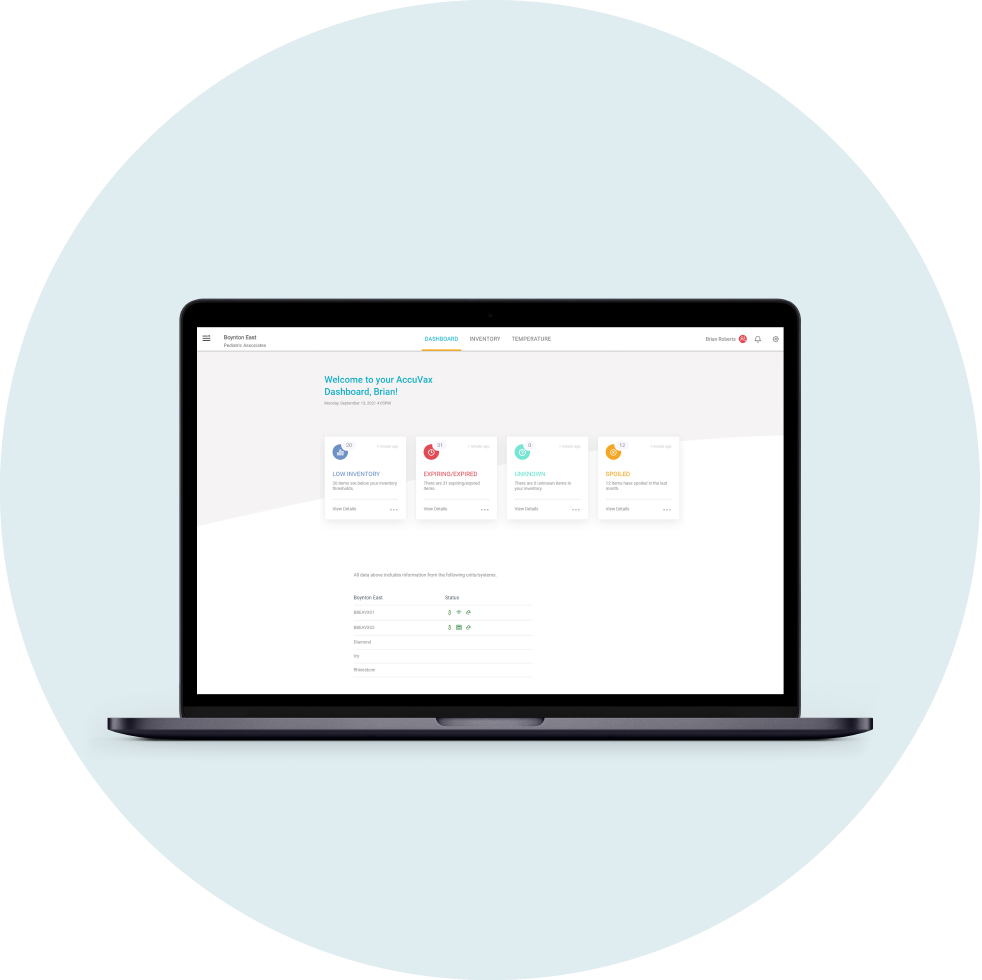Science is our best weapon when it comes to fighting against disease. For generations, scientists and doctors have collaborated to create safe and effective vaccines for diseases such as the flu, tetanus, chickenpox, and diseases you rarely hear about anymore (because vaccines have all but eradicated their spread).
However, in order for vaccines to be an effective way to fight disease, people of all ages need to be immunized. In fact, The U.S. Centers for Disease Control and Prevention (CDC) estimates that vaccinating all children born since 1994 will prevent 419 million illnesses and 936,000 deaths.
Helping to ensure that children are vaccinated, the Vaccines for Children (VFC) Program provides immunization at no cost for children who would otherwise be unable to afford their routine vaccines. In operation since 1994, this program is now made up of over 44,000 doctors across nearly 40,000 sites nationwide.
Related: Vaccine Storage Guidelines for Optimal Safety and Effectiveness
The Complete VFC Vaccine List
The VFC program provides immunizations to participants beginning as early as birth. Below is the complete list of diseases and the available vaccines offered:
| Disease | Vaccine |
| Chickenpox | Varicella vaccine |
| Diphtheria | DTaP vaccine |
| Hib | Hib vaccine |
| Hepatitis A | HepA vaccine |
| Hepatitis B | HepB vaccine |
| Influenza | Flu vaccine |
| Measles, Mumps, Rubella | MMR vaccine |
| Pertussis (Whooping Cough) | DTaP vaccine |
| Polio | IPV vaccine |
| Pneumococcal | PCV13 vaccine |
| Rotavirus | RV vaccine |
| Tetanus | DTaP vaccine |
The Complete VFC Vaccine Schedule

It’s important to know when each vaccine dose should be administered. Since each vaccine is on a different schedule, we suggest having a VFC vaccine management plan. Be sure to check the immunization schedule on the CDC site to see any and all updates.
Below, we break the schedule out by vaccine:
Varicella Vaccine
Two doses of the varicella vaccine are recommended for children by doctors as the best way to protect against chickenpox.
- 1st dose: 12-15 months
- 2nd dose: 4-6 years
DTaP Vaccine
Five doses of the DTaP shot and a Tdap booster shot are recommended for children and preteens by doctors. This vaccine combines protection against diphtheria, pertussis (whooping cough), and tetanus.
- 1st dose: 2 months
- 2nd dose: 4 months
- 3rd dose: 6 months
- 4th dose: 15-18 months
- 5th dose: 4-6 years
- Booster: 11-12 years
Flu Vaccine
A yearly flu vaccine is the best way to protect your child from flu and its potentially serious complications.
HepA Vaccine
Doctors recommend two doses of the hepatitis A vaccine.
- 1st dose: 12-23 months
- 2nd dose: 6 months after 1st dose
HepB
Three doses of the hepatitis B shot are recommended for children by doctors as the best way to protect against hepatitis B.
- 1st dose: Shortly after birth
- 2nd dose: 1-2 months
- 3rd dose: 6-18 months
Hib Vaccine
Three doses or four doses, depending on the brand of the Hib vaccine, are recommended for children by doctors.
- 1st dose: 2 months
- 2nd dose: 4 months
- 3rd dose: 6 months (for some brands)
- 4th dose: 12-15 months
MMR Vaccine
Doctors recommend two doses of MMR vaccine to protect against measles, mumps, and rubella.
- 1st dose: 12-15 months
- 2nd dose: 4-6 years
IPV Vaccine
Four doses of the IPV vaccine are recommended by doctors to protect against polio.
- 1st dose: 2 months
- 2nd dose: 4 months
- 3rd dose: 6-18 months
- 4th dose: 4-6 years
PCV13
Doctors recommend four doses of the pneumococcal shot called PCV13 for children.
- 1st dose: 2 months
- 2nd dose: 4 months
- 3rd dose: 6 months
- 4th dose: 12-15 months
RV Vaccine
There are two available rotavirus vaccines with two different schedules. Either one is an effective option against rotavirus RotaTeq® (RV5) is given in three doses while Rotarix® (RV1) is given in two doses.
- 1st dose: 2 months
- 2nd dose: 4 months
- 3rd dose: 6 months (RotaTeq only)
Becoming a VFC Provider
Becoming a VFC provider is a win-win since you can support not only your patients but your practice’s financial health too. If your practice will be providing vaccines, it’s critical to handle your VFC vaccines (and privately purchased vaccines) with the utmost care.
To learn more about your VFC program, reach out to your local representative or the program manager.
VFC Storage and Handling
Using the correct VFC storage and handling devices will make it easier for you to meet VFC Program requirements. Our AccuVax Vaccine Management System automatically takes care of all aspects of VFC storage and handling so you can focus on treating your patients.
This innovative, VFC-approved refrigerator system ensures proper storage, monitors temperatures, and maintains inventory and ordering, ultimately saving you time, stress, and money. The system also has built-in immunization schedule suggestions based on CDC recommendations to ensure every child receives the required vaccine at the required age and interval.
For optimal safety and effectiveness at your practice, learn more about preparing for the VFC Program & read our guidelines on vaccine storage.





